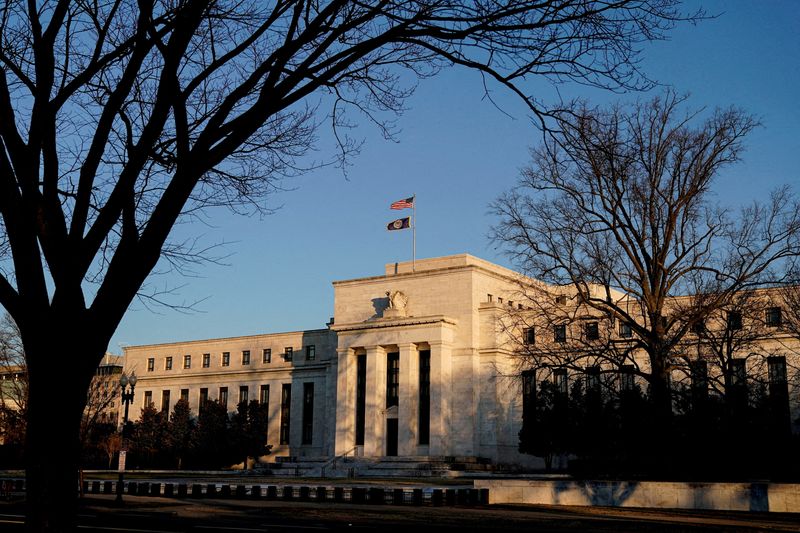Investing.com’s stocks of the week
By David Morgan
WASHINGTON (Reuters) -A conservative Republican and a progressive Democrat in the U.S. Senate are introducing legislation on Wednesday to replace the Federal Reserve's internal watchdog with one appointed by the president, aiming to tighten bank supervision following the failures of Silicon Valley Bank and Signature Bank (NASDAQ:SBNY).
Republican Rick Scott and Democrat Elizabeth Warren blamed the collapse of the two banks on regulatory failures at the U.S. central bank, which has operated up to now with an internal inspector general who reports to the Fed board.
"Our legislation fixes that by establishing a presidentially-appointed, Senate-confirmed inspector general at the Fed, like every other major government agency," Scott said in a joint release with Warren.
Warren said this month's banking upheavals "have underscored the urgent need for a truly independent inspector general to hold Fed officials accountable for any lapses or wrongdoing."
The Federal Reserve had no comment on the measure.
The legislation, introduced on Wednesday, would replace the Fed's inspector general with an independent IG who would oversee the Federal Reserve and the Consumer Financial Protection Bureau.
The CFPB, responsible for consumer protection within the financial sector, is technically housed within the Fed system but operates entirely on its own, save for one key factor: It is funded by transfers from the Fed.
Warren played a key role in setting up the CFPB under Democratic President Barack Obama following the 2007-2008 financial crisis. The U.S. Supreme Court last month agreed to hear a case challenging the CFPB's funding structure, which some conservatives argue violates the U.S. Constitution,
The cooperation between Scott and Warren, who usually inhabit opposite poles of the political spectrum, could be the start of a new bipartisan push on banking.
Warren is a leading voice on financial matters. She sits on both the Senate Banking Committee and the Senate Finance Committee, and chairs subcommittees of both panels.
Scott, a former Florida governor, is a hardline conservative who has positioned himself as a leading fiscal hawk.
The show of bipartisanship poses a stark contrast with the partisan standoff between Republicans and Democratic President Joe Biden over the nation's $31.4 trillion debt ceiling, which has raised concerns in the financial markets about a prolonged debate that could damage the U.S. economy.
Both Republicans and Democrats have pledged tighter oversight of banking regulators following the collapses of Silicon Valley Bank and Signature Bank, which were followed by billions of dollars in losses for financial stocks.
"We may end up in one of these strange-bedfellows situations," said Chris Brown, a banking lobbyist and former staffer on the House of Representatives' Financial Services Committee, which oversees the banking industry.
"I do think there's overarching concern about what happened here," he said.
House Financial Services Committee Chairman Patrick McHenry, a North Carolina Republican, and the panel's top Democrat, Maxine Waters (NYSE:WAT), have jointly scheduled a March 29 hearing on the banking system that will present testimony from officials with the Fed and the Federal Deposit Insurance Corporation (FDIC).
